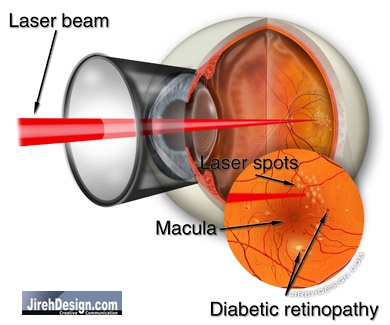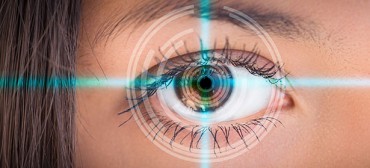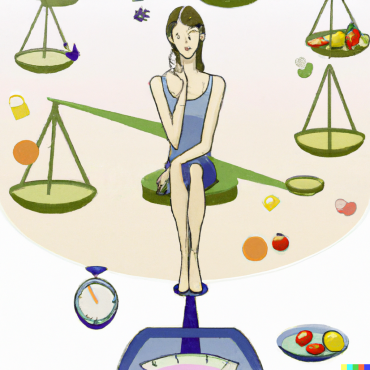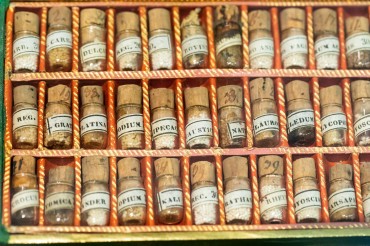Non-proliferative diabetic retinopathy (NPDR) is a condition where minuscule retinal capillary vessels start dysfunctioning and releasing a substance called vascular endothelial growth factor (VEGF), that causes the retinal vessels to leak which results in bleeding or swelling and prevents clear image formation. The objective of retinal laser treatment in case of NDPR is to stop the vessels from leaking and prevent further loss of vision. This is not as major a surgery as it sounds; and has grown to become common in today’s world. It is an outpatient surgery, with no major restrictions and very low-risk rate.
Painless Procedure
Laser treatment for retinopathy is a painless procedure that lasts anywhere from a few minutes to half an hour. It is advisable to undergo doctor consultation before opting for the surgery. Your doctor will provide you will all necessary details about the process and will help you understand the cause and effect of NPDR.

Retinal Laser Treatment 1
Image Source: jirehdesign.com
How it Works
Laser photocoagulation creates tiny retinal burns to seal off the leaking vessels and reduce swelling. The laser used for Retinal Laser Treatment NPDR can vary in wavelength (color) and is decided upon by considering each individual case. The effect of the bright flash from the laser beam wears down in a few hours after the surgery and the vision is expected to go back to normal in about four weeks’ time. With regular follow-up and check-ups, you can track your healing process. Be sure to not miss any consultation sessions at least for the first month to avoid any subsequent after-effects. Take all the necessary precautions as prescribed by the doctor.
Some Risks Involved
You must also understand the risks associated with the treatment, even though it is a rarity. Sometimes, due to reasons like delayed treatment, there might be permanent loss of partial vision in retinal laser treatment. There is also the possibility of reduced night vision, decreased color and peripheral vision, headache, etc. However, these risks are worth taking when compared to the vision loss you might experience from Non-proliferative diabetic retinopathy. Hence, it makes good sense to opt for medical consultation right away i.e. as soon as you start noticing some symptoms. A time delay can cause major effects; some of which can be irreparable as well.
Experts in Retinal Laser Treatment NPDR surgery in India are of the belief that early diagnosis and treatment of NPDR can reduce, and even prevent any loss of vision. However, for patients, it gets really difficult to notice the symptoms at first. Moreover, It is advisable to undergo regular check-ups if you have been suffering from diabetes for a long time. You can reduce the chances of developing NPDR by maintaining a strict control on your blood-sugar levels.
Long-Term Diabetics at Maximum Risk
Patients who are suffering from diabetes mellitus, especially those who have been suffering for quite some time now; the body’s capacity to store and use sugar properly is negatively affected. With passing time, diabetes can directly cause harm to the retinal blood vessels and the nerve layer that sits at the back of the eye. This is the nerve which helps to sense light and transmit images to the brain. The damage to such blood vessels is what is labelled as diabetic retinopathy.
Image Source: which.co.uk

























































Comments